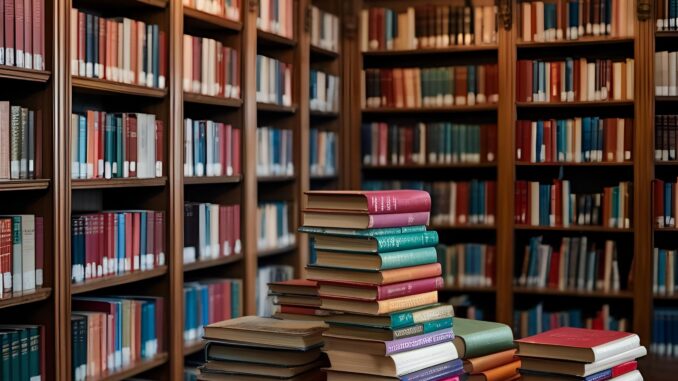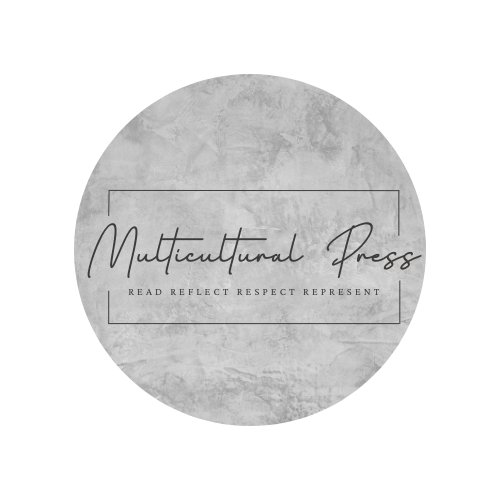
(David Buddhason)
In an increasingly interconnected world, literature serves as a powerful medium for cultural exchange, reflection, and representation. Multiculturalism in literature and the role of multicultural presses have become essential in fostering dialogue between diverse communities, preserving cultural identities, and challenging dominant narratives. These literary movements and publishing efforts ensure that voices from various backgrounds are heard, appreciated, and integrated into the broader literary landscape.
The Role of Multicultural Presses in Literature
Multicultural presses have emerged as critical platforms for authors from underrepresented communities, providing them with opportunities to publish stories that might otherwise be overlooked by mainstream publishing houses. These presses actively seek works that encapsulate the lived experiences of people from different ethnic, linguistic, and social backgrounds.
For instance, publishing houses like Arte Público Press (which focuses on Hispanic literature in the United States) or Indigenous presses such as Kegedonce Press in Canada, play a vital role in bringing indigenous and immigrant narratives into the mainstream. By doing so, they not only empower marginalized voices but also challenge traditional publishing structures that often favor Western, Eurocentric perspectives.
Multicultural presses also influence educational curricula by introducing diverse literary works into schools and universities. Texts published by these presses help students develop empathy, critical thinking, and a broader understanding of world cultures. The promotion of translated works further expands access to global literature, allowing readers to engage with different cultural traditions, philosophies, and histories.
Multiculturalism in Literature: A Mirror of Society
Multicultural literature serves as both a reflection of society and a tool for social change. It captures the complexities of identity, migration, diaspora, and the intersections of multiple cultures within individuals and communities. Through novels, poetry, and essays, multicultural literature provides a deeper, more nuanced understanding of cultural hybridity and the struggles of maintaining heritage in a globalized world.
A classic example of multicultural literature is the works of Chimamanda Ngozi Adichie, whose novels, such as Americanah, explore themes of immigration, race, and cultural displacement. Similarly, Jhumpa Lahiri’s The Namesake delves into the experiences of second-generation Indian-Americans, highlighting the tensions between cultural assimilation and the preservation of heritage. These narratives resonate deeply with readers who have experienced cultural duality, fostering a sense of belonging and shared understanding.
Moreover, poetry collections from multicultural writers, such as Ocean Vuong’s Night Sky with Exit Wounds, reveal the deep emotional and historical layers embedded in diasporic identities. His work, influenced by his Vietnamese heritage and queer identity, showcases the intersectionality of culture, history, and personal experiences.
Challenges and Opportunities
Despite the importance of multicultural presses and literature, challenges remain. Mainstream publishing houses often tokenize diversity, selecting only commercially viable multicultural works that fit a specific mold rather than embracing a broad spectrum of experiences. Additionally, writers from minority backgrounds may struggle to gain recognition due to systemic barriers in the literary world.
However, digital publishing and independent presses have opened new opportunities for multicultural literature. Online literary platforms, self-publishing, and multilingual digital books have made it easier for diverse voices to reach global audiences. Organizations advocating for literary inclusivity, such as the International Federation of Library Associations and Institutions (IFLA), further contribute to ensuring that multicultural literature is widely accessible.
The Future of Multicultural Literature
As the world continues to evolve, the demand for multicultural literature will only grow. Readers seek authentic narratives that challenge stereotypes and provide fresh perspectives. Governments, literary institutions, and educators must support multicultural presses to ensure that diverse stories continue to thrive.
Ultimately, multicultural literature does more than entertain—it educates, unites, and fosters mutual respect among people from different backgrounds. By embracing literature that reflects the richness of global cultures, we take a step toward a more inclusive and empathetic world.
